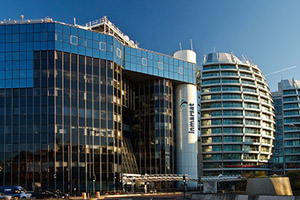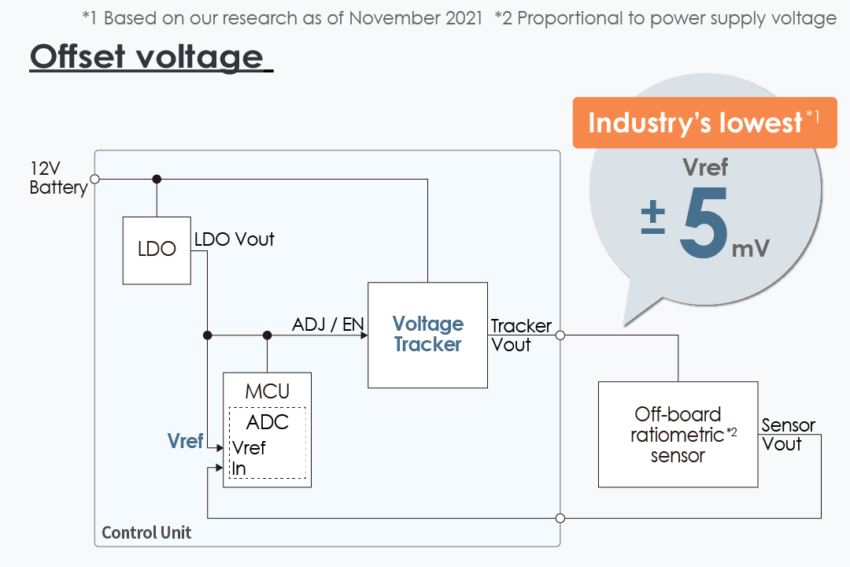
It has been decided the transaction poses no risk to UK’s national security and can therefore advance towards completion.
Previously, the selling of UK technology companies to foreign buyers – such as Arm to Softbank, for example – have proven controversial. Jacob Rees-Mogg, the Secretary of State for Business, Energy and Industrial Strategy (BEIS), has given the deal his official green light.
 He gave approval of the proposed combination of businesses under the National Security & Investment Act, which came into force on 4 January 2022. National competition regulators, in the UK and US, still need to approve the acquisition, however.
He gave approval of the proposed combination of businesses under the National Security & Investment Act, which came into force on 4 January 2022. National competition regulators, in the UK and US, still need to approve the acquisition, however.
The U.S. communications company aims to acquire the London-based Inmarsat, with a view to building a global, hybrid space and terrestrial network, providing broadband and IoT services.
The companies had previously committed, in March 2022, to “economic undertakings” with BEIS. The pledges included an expansion in the number of high skilled jobs in key areas and a 30% increase in overall research and development spending in the UK.
The international business headquarters will also be situated in the UK.
Investment
“Today’s approval brings us closer to delivering the new jobs and investment to the UK that have been committed by both Inmarsat and Viasat,” said Inmarsat’s CEO, Rajeev Suri.
“Together, we will be well-positioned to compete in a robust market that has both well-funded new entrants and other industry players in the process of consolidating.”
Mark Dankberg, Executive Chairman and CEO of Viasat, highlighted his company’s previous work with UK defence.
“Viasat has been a trusted partner of the UK’s defence and national security communities for more than a decade, including in the provision of its market-leading encryption products.”
“The combined company, whose global international business headquarters will be situated in the UK, will build upon the strong UK relationships that Viasat and Inmarsat already enjoy and allow us to deepen our contribution to the UK’s National Space Strategy.”
Multi-band, multi-orbit
Details of the deal to create a framework incorporating multi-band, multi-orbit satellites and terrestrial air-to-ground systems are as follows:
The transaction is valued at $7.3 billion, with Viasat using $850 million in cash, approximately 46 million of its shares (valued at $3.1 billion) and the assumption of $3.4 billion of net debt.
The acquisition will result in spectrum licenses across the Ka-, L- and S-bands and a fleet of 19 satellites in service with an additional 10 spacecraft under construction and planned for launch within the next three years.
See also: Inmarsat trials Orchestra maritime mesh for ship-to-ship connectivity







